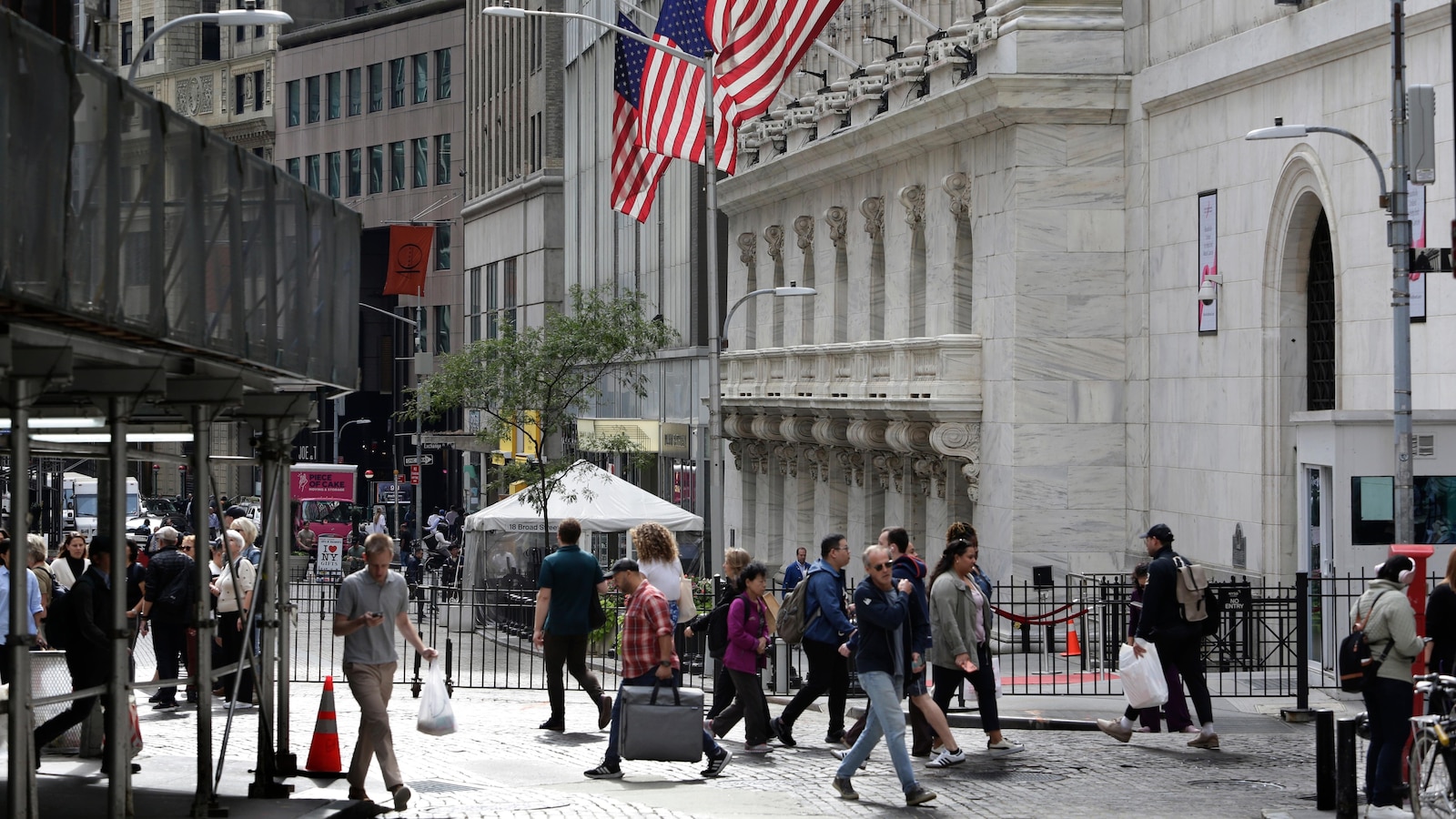TOKYO — Asian shares were mixed Friday after worsening tensions in the Middle East sent shares lower on Wall Street, while boosting crude prices.
Japan’s benchmark Nikkei 225 edged up 0.3% in morning trading to 38,668.36. Australia’s S&P/ASX 200 slipped 0.7% to 8,145.70. South Korea’s Kospi added 0.6% to 2,577.51. Hong Kong’s Hang Seng jumped 1.6% to 22,473.56. Trading was closed in Shanghai.
In currency trading, the U.S. dollar edged down to 146.52 Japanese yen from 146.83 yen. The euro stood unchanged at $1.1034.
Prime Minister Shigeru Ishiba, who took office on Tuesday, was due to give a policy speech on Friday that could indicate his government‘s stance on issues such as interest rates and spending.
The Bank of Japan has begun very gradually raising its benchmark rate from near zero. It now stands at around 0.25%. Expectations of rising rates had pushed the yen higher after the Liberal Democrats elected Ishiba to head the ruling party and thus serve as prime minister. But the yen has fallen back against the dollar in the past two days after officials sent clear signals that they did not favor further rate hikes at this time.
A cheaper yen could work as a plus for Japan’s giant exporters like Nintendo and Toyota by boosting the value of its overseas earnings. But it raises the cost of imports of oil and other vital commodities, pushing prices higher and pinching household spending.
Stocks sank Wednesday on Wall Street as oil prices kept rising as the world waits to see how Israel will respond to Iran’s missile attack on Tuesday.
The S&P 500 fell 0.2% to 5,699.94 and the Dow Jones Industrial Average fell 0.4% to 42,011.59. The Nasdaq composite edged less than 0.1% lower to 17,918.48.
Benchmark U.S. crude added 5 cents to $73.76 a barrel. Brent crude, the international standard, gained 8 cents to $77.70 a barrel. On Thursday, Brent leaped 5% after starting the week below $72. It’s potentially on track for its biggest weekly percentage gain in nearly two years.
The rise came after President Joe Biden suggested on Thursday that U.S. and Israeli officials were discussing a possible strike by Israel against Iranian oil facilities.
“We’re in discussion of that,” Biden said to reporters. He added, “I think that would be a little … anyway,” without finishing the thought. Biden also said he doesn’t expect Israel to retaliate immediately against Iran.
Iran is a major oil producer and a broadening of the fighting could choke off Iran’s flows to China and also affect neighboring countries that are integral to crude supplies. Helping to keep prices in check, though, are signals that oil inventories remain ample at the moment. Brent crude fell to its lowest price in nearly three years last month.
A report Thursday showed growth for real estate, health care and other U.S. services businesses accelerated to its strongest pace since February 2023.
A separate report suggested the number of layoffs across the United States remains relatively low. Slightly more workers filed for unemployment benefits last week, but the number remains low compared with history.
Outside of this week’s worries about the Middle East, the dominant question hanging over Wall Street has been whether the job market will continue to hold up after the Federal Reserve earlier kept interest rates at a two-decade high. The Fed wanted to press the brake hard enough on the economy to stamp out high inflation.
Stocks are near their records because of hopes the U.S. economy will indeed continue to grow, now that the Federal Reserve is cutting interest rates. The Fed last month lowered its main interest rate for the first time in more than four years and indicated more cuts will arrive through next year.
___
AP Business Writer Stan Choe contributed.

